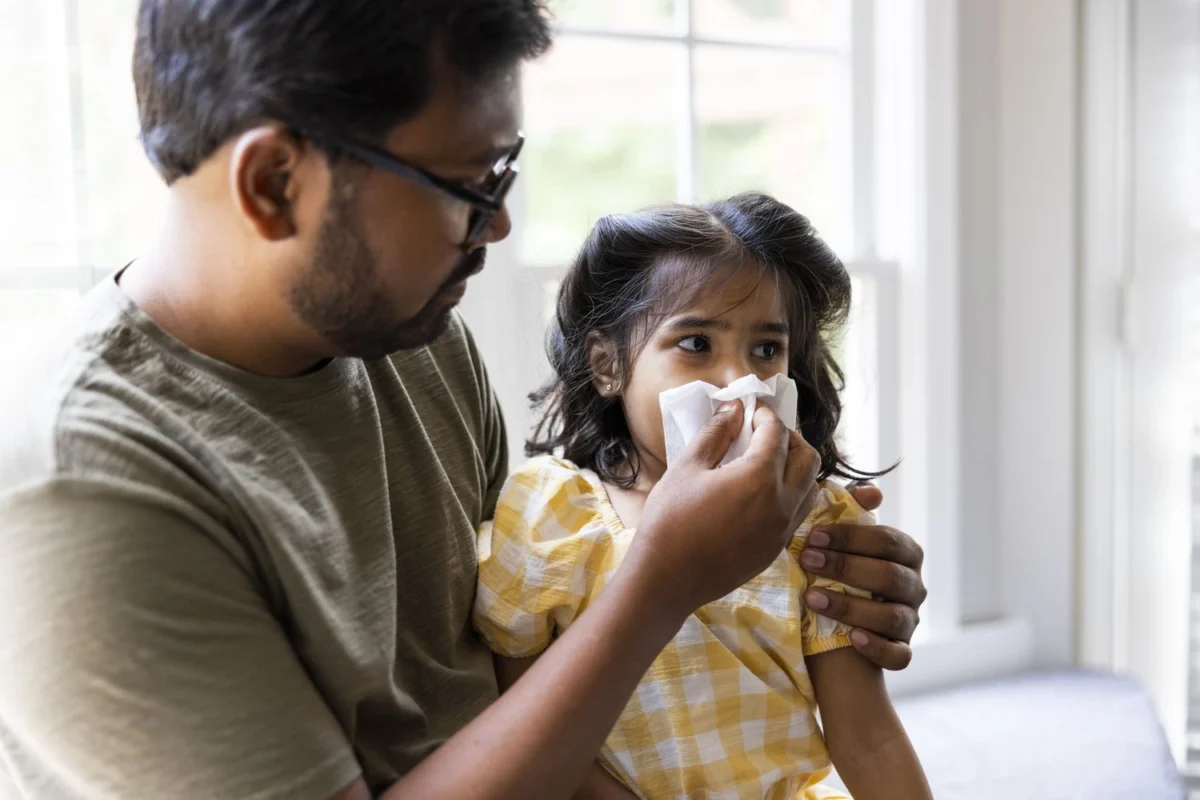In a disturbing development, Tripura is witnessing a dramatic surge in HIV positive cases, particularly among its student population. Over 800 students have tested HIV positive in Tripura, shedding light on a significant health crisis fuelled by injectable drug abuse. This alarming trend has raised concerns among health officials, educators, and the community at large, prompting urgent calls for intervention and preventive measures.
The Rise of HIV Positive in Tripura
According to recent reports, the Tripura AIDS Control Society (TSACS) has confirmed that 828 students have tested HIV positive in Tripura. This surge is attributed mainly to the widespread use of injectable drugs among students, highlighting a dangerous intersection between substance abuse and the transmission of HIV. The situation has been further compounded by the fact that 47 students have lost their lives due to complications related to HIV/AIDS.
Health Ministry’s Response
Despite the alarming figures, the Health Ministry has issued statements dismissing some of the claims as misleading. However, the undeniable rise in HIV positive in Tripura among students has forced the government and health officials to take a closer look at the underlying causes and to devise strategies to address the crisis effectively.
Understanding the Epidemic
The spike in HIV positive in Tripura can be largely attributed to the rampant use of injectable drugs. These drugs are often shared among users, increasing the risk of transmitting HIV. Students, in particular, are vulnerable to this trend due to peer pressure, lack of awareness, and easy access to these substances. This issue is not isolated to Tripura but is a part of a larger national and global challenge of managing substance abuse and its health repercussions.
Community and Governmental Efforts
In response to the crisis, various community organizations, health professionals, and government bodies are mobilizing efforts to combat the spread of HIV. The National AIDS Control Organisation (NACO) is actively involved in providing resources and support to local initiatives aimed at educating the youth about the dangers of drug abuse and the importance of safe practices to prevent HIV transmission.
Educational Initiatives
One of the key strategies in fighting this epidemic is through education. Schools and colleges in Tripura are being encouraged to incorporate comprehensive sex education and drug awareness programs into their curricula. These programs aim to inform students about the risks associated with drug use and the methods of HIV prevention. Additionally, peer education programs are being promoted, where trained students can spread awareness and provide support to their peers.
Healthcare Interventions
Healthcare facilities in Tripura are scaling up their efforts to manage the rising number of HIV positive in Tripura. This includes increasing the availability of HIV testing and counselling services, providing antiretroviral therapy (ART) to those affected, and ensuring that there is adequate support for the mental and physical health needs of the students. The TSACS is also working on improving the surveillance systems to better track and manage the epidemic.
Challenges and the Way Forward
Despite the ongoing efforts, several challenges remain. Stigma and discrimination associated with HIV/AIDS continue to hinder the effectiveness of outreach programs. Many students are reluctant to seek help due to fear of being ostracized, which exacerbates the spread of the virus. Addressing these social barriers is crucial for the success of any intervention.
The government, along with non-governmental organizations, must work to create a supportive environment that encourages students to come forward for testing and treatment without fear of judgment. Additionally, there needs to be a sustained effort to control the availability and distribution of injectable drugs among the youth.
Conclusion
The surge in HIV positive in Tripura among students is a wake-up call for urgent action. It highlights the critical need for comprehensive strategies that combine education, healthcare, and community support to tackle the twin challenges of drug abuse and HIV. By addressing these issues head-on, Tripura can hope to curb the epidemic and safeguard the health and future of its young population.
This tragic situation underscores the importance of continuous vigilance and preparedness in dealing with public health crises. It serves as a stark reminder of the vulnerabilities that can exist within any community and the need for robust systems to protect and promote the well-being of all citizens.



